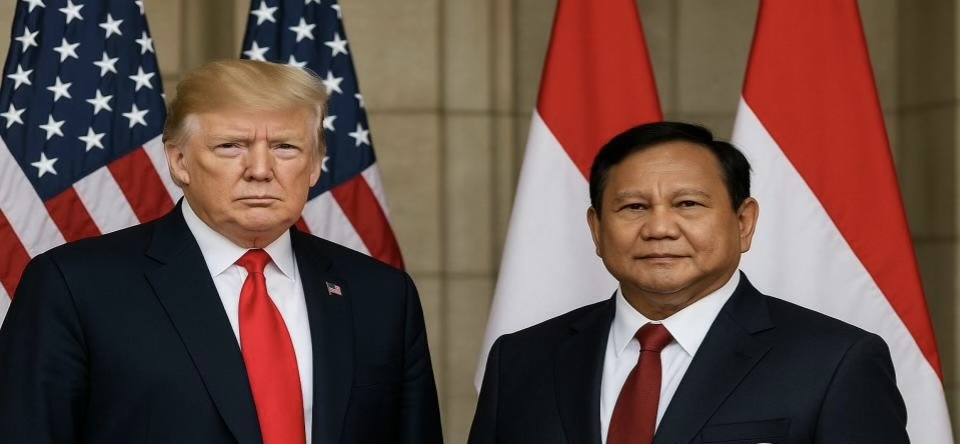US President Donald Trump announced the implementation of a 19% tariff on all goods from Indonesia starting August 1, 2025.

This is the result of negotiations between the leaders of both countries—Trump and Indonesia's President Prabowo, who agreed to replace the previously announced 32% tariff with more lenient terms.
- In return, Indonesia promises to open its market for American goods by purchasing energy commodities worth $15 billion (for example, palm oil, which is especially relevant for Indonesia), agricultural products worth $4.5 billion, and 50 Boeing planes.
Key Deal Parameters:
Parameter | Details |
Current Tariff | 19% (instead of 32%) |
Effective Date | possibly before August 1, 2025 |
Compensatory Purchases | $15 billion — energy, $4.5 billion — agriculture, 50 Boeings |
Negotiation Timeline:
- On July 7, Trump threatened with 32% tariffs.
- On July 9, in Washington, a group led by Economic Minister Airlangga Hartarto held negotiations with the US Department of Commerce and USTR.
- On July 15, Trump announced a rate reduction to 19%, emphasizing "reciprocity": US imports duty-free while Indonesia pays tariffs.
Economic Consequences:
- Moderate increase in US income, but Indonesia's export will be hampered.
- Stimulating purchases of American products will help balance the US trade deficit.
- Market reaction: Indonesia's national stock index rose by 0.7% following the announcement.
Conclusions:
✅ Diplomatic victory: the reduction from 32% to 19% demonstrates effective negotiations supported by President Prabowo and the government.
✅ Foreign investors will receive a signal of stable trade policy.
✅ Indonesia needs to quickly diversify markets and deepen agreements with key partners.
✅ State support for exporters is important: training, subsidized loans, and import substitution measures.
✅ Foreign investors will receive a signal of stable trade policy.
✅ Indonesia needs to quickly diversify markets and deepen agreements with key partners.
✅ State support for exporters is important: training, subsidized loans, and import substitution measures.
Recommendations:
- Develop safeguards for strategic sectors to avoid uncontrolled import growth.
- Diversify exports and strengthen positions not only in the US but also in other regions.
- Invest in improving the competitiveness of local producers, especially in the energy, agricultural, and pharmaceutical sectors.
- Create a system for evaluating and adjusting the agreement to adapt to possible market shocks.
This agreement became one of Trump's few successful deals before the August 1 deadline, but the risk of expanding tariffs to other product groups, such as pharmaceuticals, remains.
The agreement eases trade tensions but requires active steps from Indonesia to strengthen economic resilience and expand cooperation at a global level.


You can add one right now!